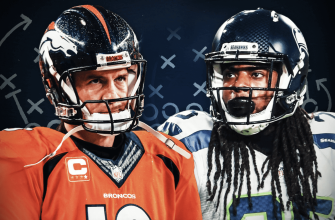Garbage time refers to the point in a football game when one team has a large and nearly insurmountable lead over the other. Typically, this occurs in the 4th quarter after the outcome of the game has already been determined.
The concept of “garbage time” is important in football for several reasons:
- It impacts game strategy, as the leading team tries to run down the clock while the trailing team desperately tries to score quickly. Coaches may pull starters to avoid injury.
- It can inflate player statistics, as backups come in against the opposing team’s reserves. This is especially true for the losing team, as they pass aggressively while the winning team focuses on running the ball.
- It affects betting odds and fantasy football scoring, as point spreads and player performance can shift drastically during garbage time.
Overall, garbage time is a meaningful concept because the competitive nature of a football game changes significantly when one team has an insurmountable lead. The stats and strategy involved don’t necessarily reflect a close competitive battle. Understanding when garbage time occurs provides helpful context for analyzing football games.
When Does Garbage Time Typically Occur?
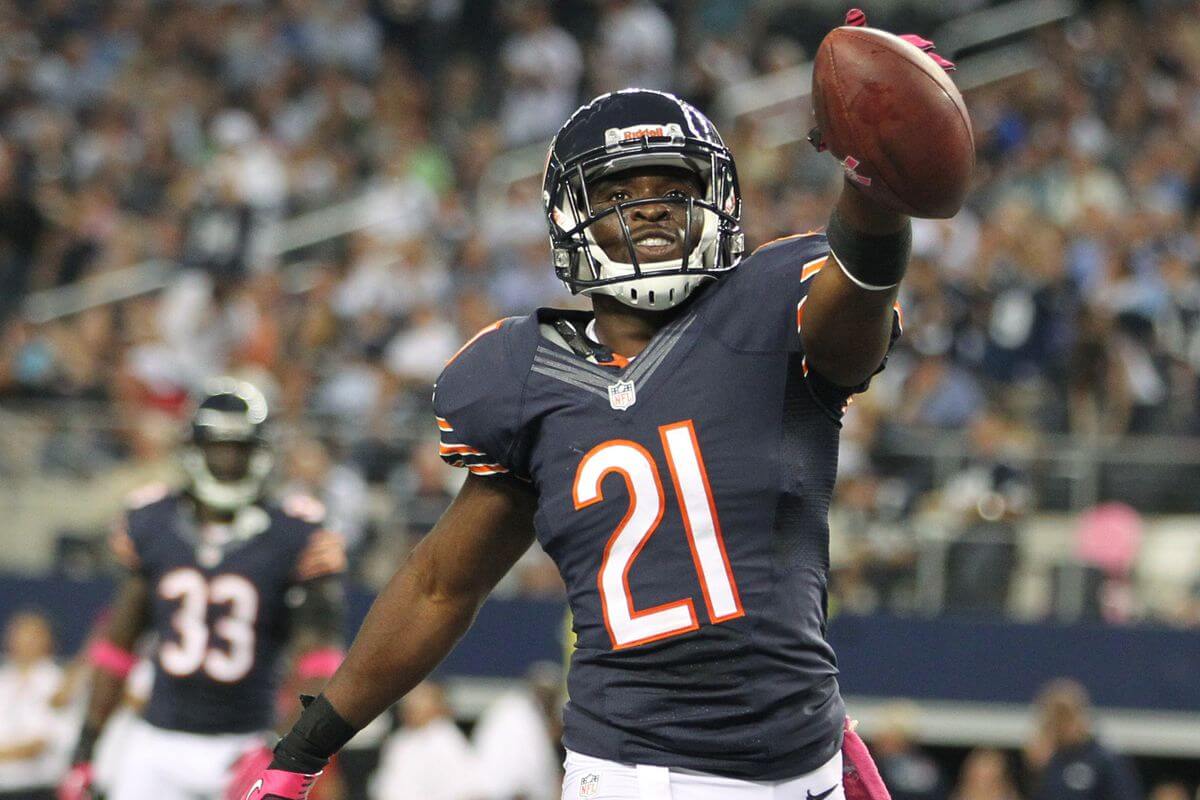
Garbage time in football games usually occurs late in the 4th quarter when one team has a large lead over the other. Specifically, it is the period when the outcome of the game is no longer in question and victory is inevitable for the leading team.
This typically happens when there is a large point differential, often with the winning team ahead by multiple scores with only a short amount of time left. For example, if a team is leading by 3 or 4 touchdowns with only 5 minutes or less remaining, the game is essentially over. The trailing team has little to no chance of coming back to win.
At this point, the leading team will often play more conservatively, substituting in backup players and running down the clock rather than trying to score more points. The losing team, with the game out of reach, will also put in substitutes and play with less urgency. Since the outcome is already decided, this period is considered “garbage” time – meaningless action that does not impact who ultimately wins.
So in summary, garbage time usually occurs in the late 4th quarter when there is little chance of the trailing team coming back, often due to a large point deficit with limited time remaining. It’s the period where the final result is not in question despite the game itself still going on.
Impact on Game Strategy
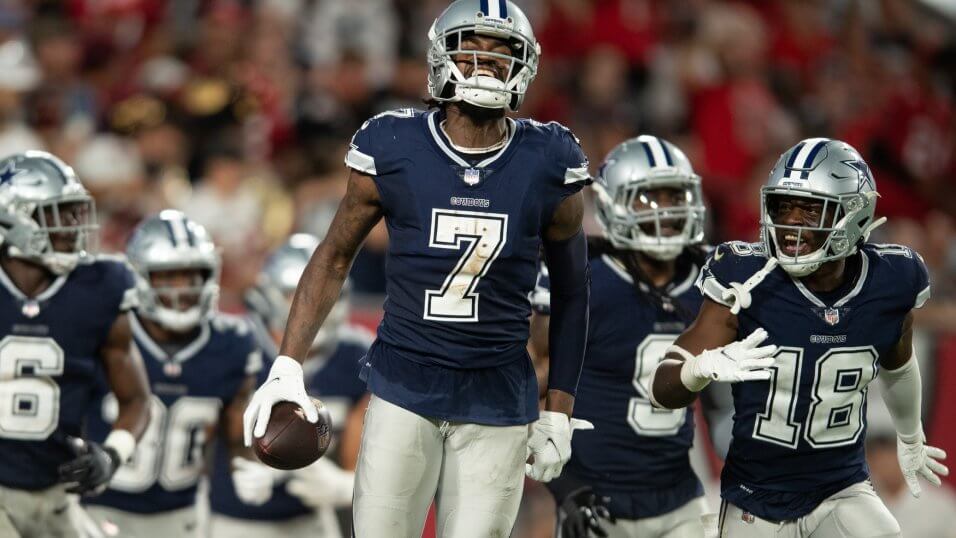
Once garbage time begins, the strategies of the teams often change dramatically. The team that is winning usually goes into a more conservative play calling mode, running the ball frequently and avoiding risky plays in order to run out the clock. Since they have a comfortable lead, the priority becomes preserving the win rather than scoring more points.
The trailing team, on the other hand, often goes into an aggressive passing mode out of desperation. Knowing they need to score many points quickly, they start taking more risks on offense. This can include passing more frequently, keeping starters in the game longer, and running trick plays. The losing team has little to lose by being reckless, so they throw caution to the wind in hopes of mounting a comeback.
However, the relaxed defense of the leading team in garbage time can make the losing team’s offense appear more productive than it really is.
Garbage time strategy changes can greatly alter the statistics and appearance of the game. But the winning team just wants to secure the victory, while the losing team is firing shots in vain. The altered strategies reflect the low stakes during this less competitive period of the game.
Impact on Player Statistics
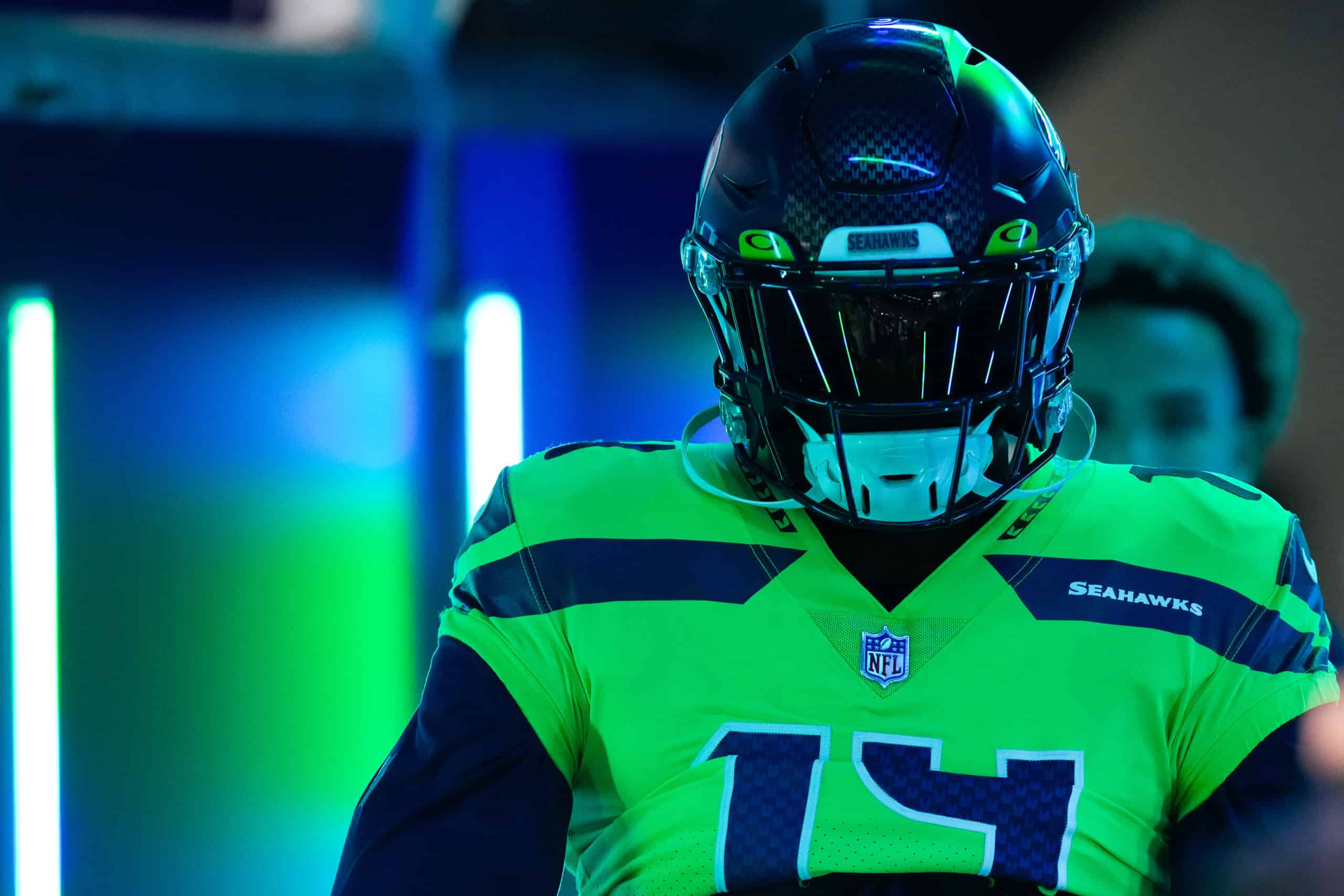
Garbage time can have a significant impact on player statistics in football. When a game is out of reach, the winning team will often pull its star players and put in backups and bench players. The losing team also relaxes its defensive schemes and intensity. This allows the bench and backup players to pad their stats, as they are going up against less competitive defenses.
For example, a backup running back may get extensive carries in garbage time when the starter has already been rested. This can allow the backup to rack up impressive rushing yards and touchdowns.
However, it is important to note these stats were achieved when the game intensity was low. So the stats are not an accurate reflection of how that backup would perform in a closer competitive battle.
The same dynamic occurs with backup quarterbacks and receivers. Late in a blowout, it is common to see the bench QB passing for high completion percentages and the 3rd and 4th string receivers accumulating catches and yards. But these players are excelling against prevent defenses and low intensity playing conditions.
So in summary, garbage time can lead to misleading stats for non-essential players. Coaches and fans need to account for when numbers were achieved to accurately judge performance and ability. Inflated garbage time stats do not tell the full story of a player’s capabilities when it counts most during intense competition.
Notable Examples

Some of the most famous games in NFL history have featured significant garbage time.
Here are a few prime examples:
Super Bowl XXIX – San Francisco 49ers vs San Diego Chargers
This game is considered one of the biggest blowouts in Super Bowl history. The 49ers, led by MVP Steve Young, scored early and often. They built a 28-7 halftime lead and went on to win 49-26. With the outcome decided, the fourth quarter was complete garbage time. Young padded his stats with a record six touchdown passes, while the Chargers scored some meaningless late touchdowns.
Super Bowl XXIV – San Francisco 49ers vs Denver Broncos
Very similar to the previous Super Bowl, the 49ers jumped out to a 27-3 halftime lead and never looked back. The final score was 55-10. The backups came in early in the fourth quarter, turning the end of the game into extended garbage time. Joe Montana cemented his legacy with 297 yards passing and five touchdowns before taking a seat.
2018 NFC Championship – Los Angeles Rams vs New Orleans Saints
The Saints dominated the first half and led 20-10. But the Rams came surging back in the second half, eventually winning 26-23 to advance to the Super Bowl. With the Saints desperately trying to mount a comeback, they had to take risks, allowing the Rams to pad their lead. The final quarter was garbage time for the Saints as they had to continue passing while down multiple scores.
Many College Football Blowouts
It’s common for powerhouse college teams like Alabama and Ohio State to schedule much weaker opponents early in the season. Quite often this results in the starters on the elite team building a huge lead before sitting out most of the second half. This leaves extended garbage time for reserves to come in and play out the string.
Fantasy Football Implications
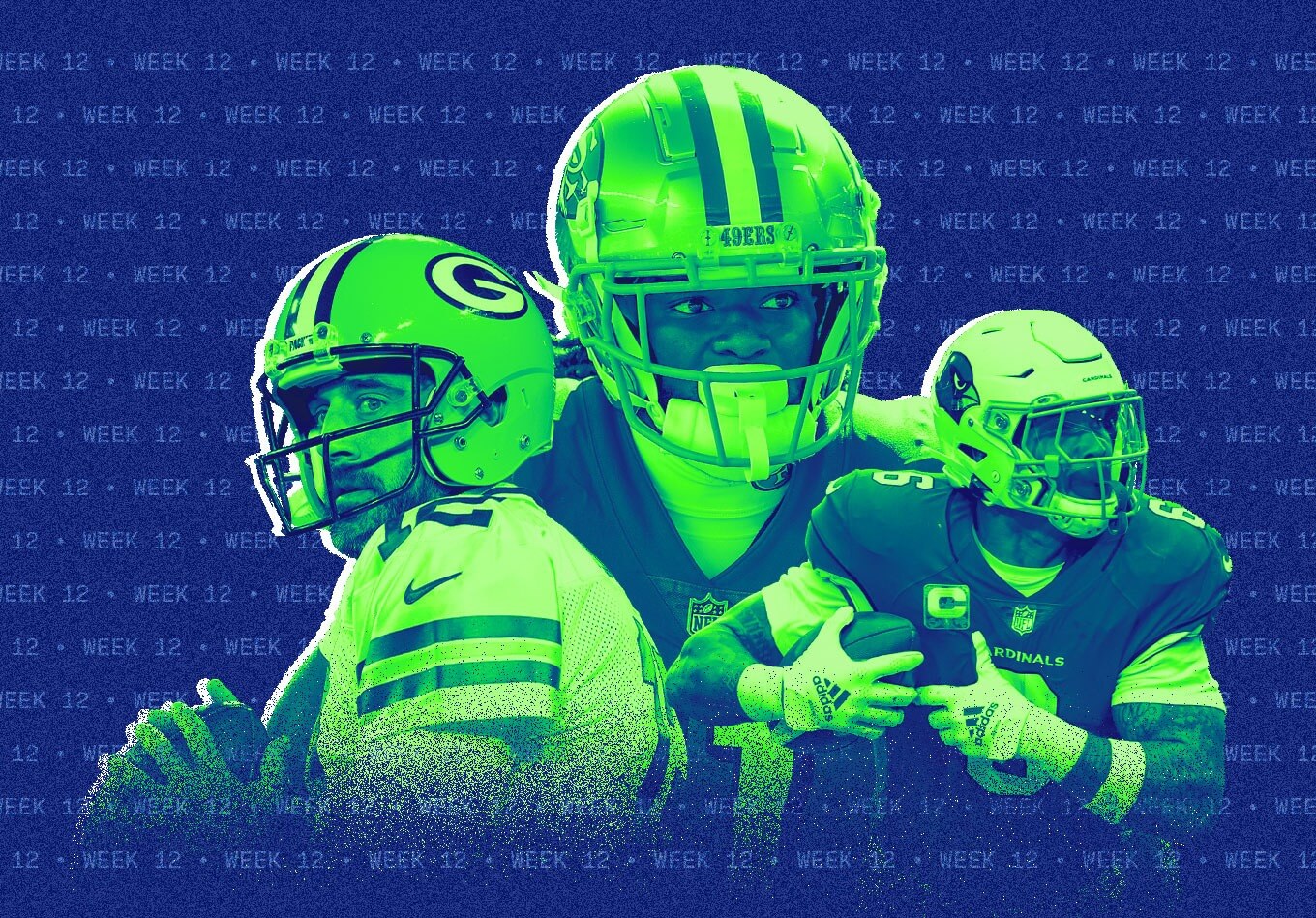
Garbage time can have a significant impact on fantasy football outcomes. When a game gets out of hand, the leading team often pulls its starters and key players to avoid injury. This gives backups and bench players unexpected opportunities to rack up statistics. Similarly, the losing team may abandon its normal game plan and start throwing the ball more to try to catch up. This can inflate passing and receiving numbers for players on the losing team.
For fantasy managers, garbage time can either help or hurt your team, depending on which players are in the game. If you have the leading team’s star quarterback or running back on your roster, they may spend the entire fourth quarter on the sidelines as their backup pads stats against a weak prevent defense. However, if you have the losing team’s passing targets, they could see a spike in production during garbage time.
Savvy fantasy managers try to predict potential garbage time scenarios each week and consider handcuffing their stars with backups likely to play mop-up duty. They also scour the waiver wire for backups and situational players on losing teams who might benefit statistically from garbage time. In general, garbage time creates unpredictability in fantasy scoring, so managers must account for these situations when setting lineups and managing rosters.
Arguments Against the Concept

Some analysts argue against the notion of “garbage time”, saying it unfairly discredits player performance. They contend that players should not be penalized for continuing to compete even when the game’s outcome seems inevitable.
After all, players are expected to give 100% effort regardless of the score. Just because a game seems out of reach does not mean the trailing team has given up. Even if the probability of a comeback is low, amazing comebacks do occasionally happen in sports.
Additionally, substituting star players simply because a team has a comfortable lead could be seen as unsportsmanlike. Pulling a quarterback while the team still throws passes, for example, suggests they are running up the score.
Many also say there is no clear point where “garbage time” objectively begins. When does a game transition from competitive to garbage time? Is it not up to players and coaches to make that determination?
Some analysts argue the entire concept should be discarded. In their view, all plays should be evaluated equally whether early or late in a lopsided game. No performance should be discounted just because the team’s fate seems inevitable.
Coaching Decisions
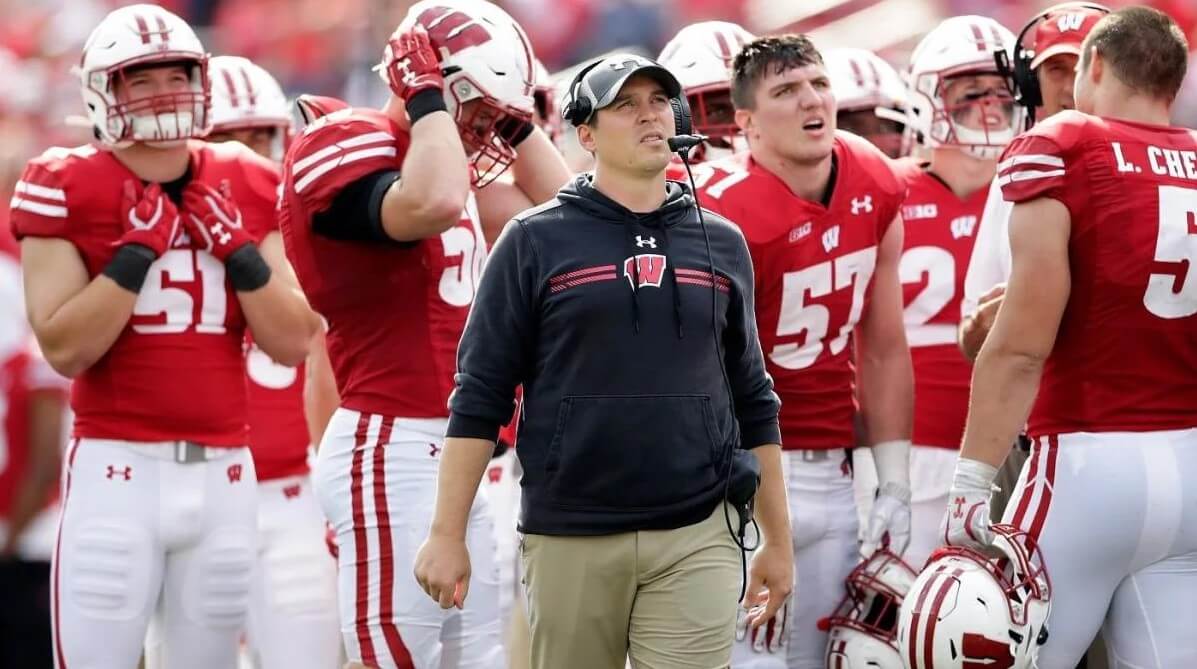
Coaches face interesting decisions about substitutions and playing time when their team has a big lead late in the game. Many coaches will pull their starters and key players to avoid injury once the game is out of reach. However, the coach needs to balance resting starters with getting backups meaningful playing time.
When a team has a 25+ point lead in the 4th quarter, most coaches will begin subbing out starters on both offense and defense. At this point, the priority becomes avoiding injury and not running up the score. Backups will have an opportunity to get live game reps.
However, if the lead is between 14-24 points, many coaches may keep their starting QB and offense in the game. This protects against a miracle comeback, while still allowing the team to run the ball, work the clock, and avoid passing plays that risk injury. Defensive starters will begin to rotate out.
If ahead by 13 or fewer points, coaches will likely keep their starters in on both sides of the ball. Even a two touchdown lead isn’t safe enough for coaches to risk substituting too early. Coaches have seen big comebacks happen before. They’ll wait until the lead balloons to over 20+ points before feeling comfortable resting their starters.
Impact on Betting Lines
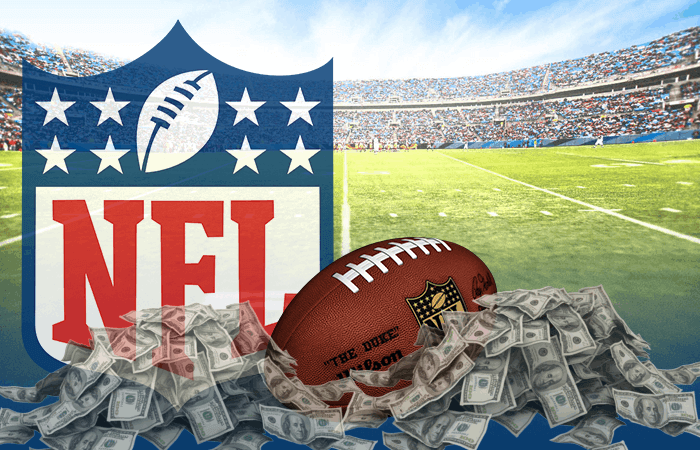
Garbage time can significantly impact betting lines and alter the outcome for bettors. When a team has a comfortable lead late in the game, they often put in second and third string players while running down the clock. This allows the opposing team to rack up “garbage points” that don’t impact the final outcome but can affect whether a bet covers the point spread.
For example, if a team is favored by 14 points but is up by 20 late in the fourth quarter, they may play conservatively while allowing the opponent to score a late touchdown. That brings the final margin under 14 and means the favored team doesn’t cover the spread. Bettors who wagered on the favorite to cover suddenly find themselves on the losing end.
Similarly, if the underdog trails by multiple scores, garbage time allows them the chance to tack on points that make the final score appear closer than the game really was. This could result in the combined point total going over the betting total, negatively impacting bettors who took the under.
As a result, bettors must account for the potential impact of garbage time when wagering on point spreads or game totals. Smart handicappers monitor lineup changes and late-game strategies to anticipate if garbage points could affect the cover. While garbage time doesn’t influence the game result, it can make a big difference in covering a betting line.
Conclusion
Garbage time is an important concept for football fans to understand. Though the terminology may sound dismissive, garbage time refers to the closing minutes of a game when one team has a large lead and the outcome is all but guaranteed.
The main takeaways around garbage time include:
- It typically occurs late in the 4th quarter when a team has a lead of multiple scores. This allows the winning team to take out its starters and run down the clock.
- Garbage time can impact player stats. Backup players often pad their stats during garbage time since starters rest. This can misrepresent a player’s actual contributions.
- Coaches make different strategic decisions during garbage time. They often run the ball, take fewer risks, and substitute in bench players.
- Fantasy football managers must consider garbage time when evaluating players. Backups may score late touchdowns that inflate their perceived value.
- Betting lines and sports gambling are affected by garbage time. Large late scores can impact bets on points totals and spreads.
So while the terminology sounds dismissive, garbage time is an important concept for fans and players. It reflects the inevitable loosening of play when a game’s outcome is no longer in question. Understanding garbage time provides essential context for properly interpreting late-game events.



